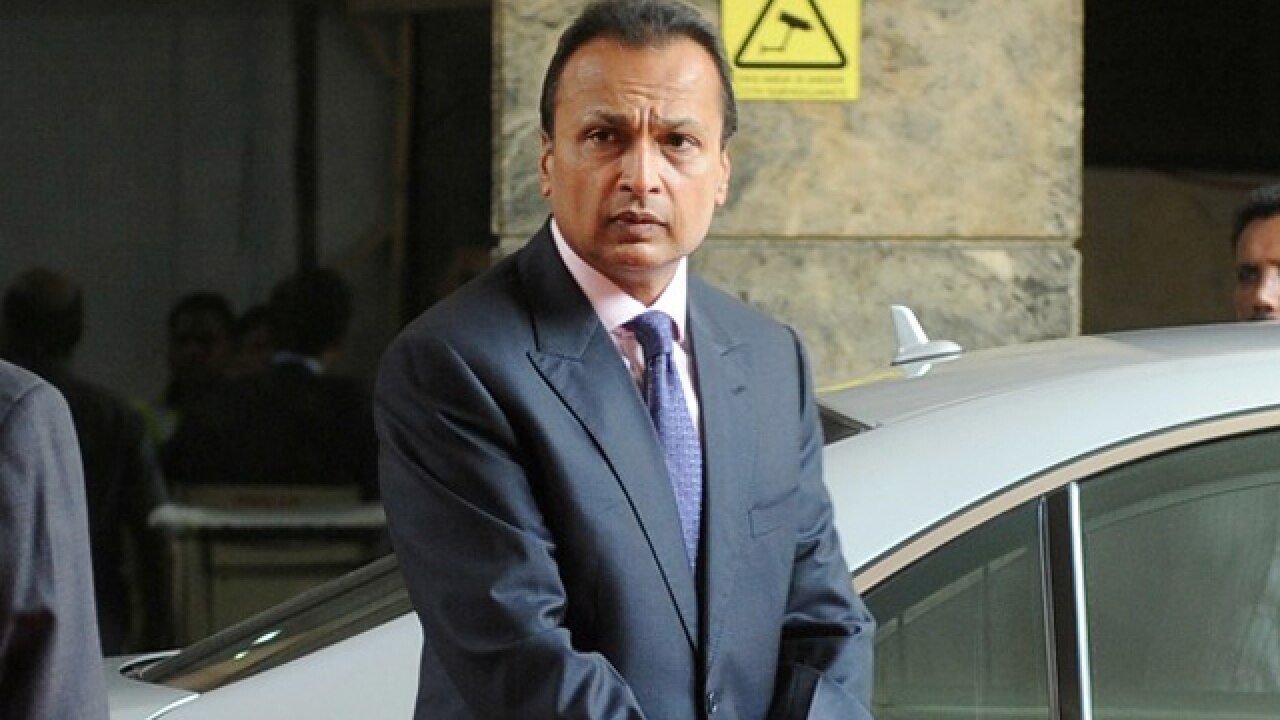
It comes as a surprise that big corporations are finding ways to deal with debt and the banks are encouraging them to go ahead. As reported in this paper on Thursday, the economic research department of the State Bank of India has found that some of the big corporations are setting aside part of their assets to deal with debt. For example, Anil Ambani’s ADAG has set aside assets worth Rs59,761 crore to manage a debt of Rs1,24,956 crore. That is a little less than 50 per cent of the total debt. Reducing debt will improve not only the balance sheet of the corporation, but also that of the banks with their stressed assets. The banks, ICICI’s Chanda Kochhar has revealed in a media interaction, are encouraging corporations to sell off either core or non-core assets to bring down the debt burden.
It would appear that such a simple solution should have occurred long time ago both to debt managers in the lending banks and asset managers in the corporations. This is what households as well as old-fashioned firms, which were never too big to fail, had practised all along. It is what banks and courts are trying to do with the debt problem of companies like Sahara and Kingfisher. But there is a catch in all this. First, accumulation of debt implies that new ventures have failed, and an unsuccessful venture and its assets do not carry the right price tag. It turns out to be a distress sale and the asset is undervalued. This is seen as the inherent risk aspect of any new enterprise — the falling value.
But the finding of the ERD of SBI with regard to the debt management of some of the big corporations seems to be that of rationalising or restructuring debt through divestment. Many corporations which had expanded and diversified into far too many sectors with its attendant debt burden do have the option to cut the flab as it were, sell off what does not belong to core competence of the corporation and hold on to the old family line as it were.
General Electric (GE) is wanting to withdraw from many of its financial and service ventures in order to husband its core assets well. It can be argued that the bid of the Tatas to sell off its steelworks in Britain, which would entail loss of 11,000 jobs is a bid to rationalise the corporation’s holdings and avoid the debt trap.
There is however no avoiding the pain involved in dealing with a failed enterprise, and the capital that is invested can never be fully recouped. And as in the case of the Tata’s steel operations in Britain, it would also involve loss of jobs. There are then no painless solutions to problems of loss-making ventures, the consequent rise in debt and the resultant stressed assets. Someone has to bear the burden. Here too the ERD report of SBI suggests that successful, capital surplus ventures like Piramal, Sun Pharma and Ultratech are trying to play the good samaritan and pull their peers from the morass of debt. It only means that those enjoying the cushion of surplus funds can afford to help out those in trouble, which is short of being charitable because the stressed asset can possibly be turned around and made profitable. This is indeed a case of mutual help society, which could be termed as cooperative capitalism.